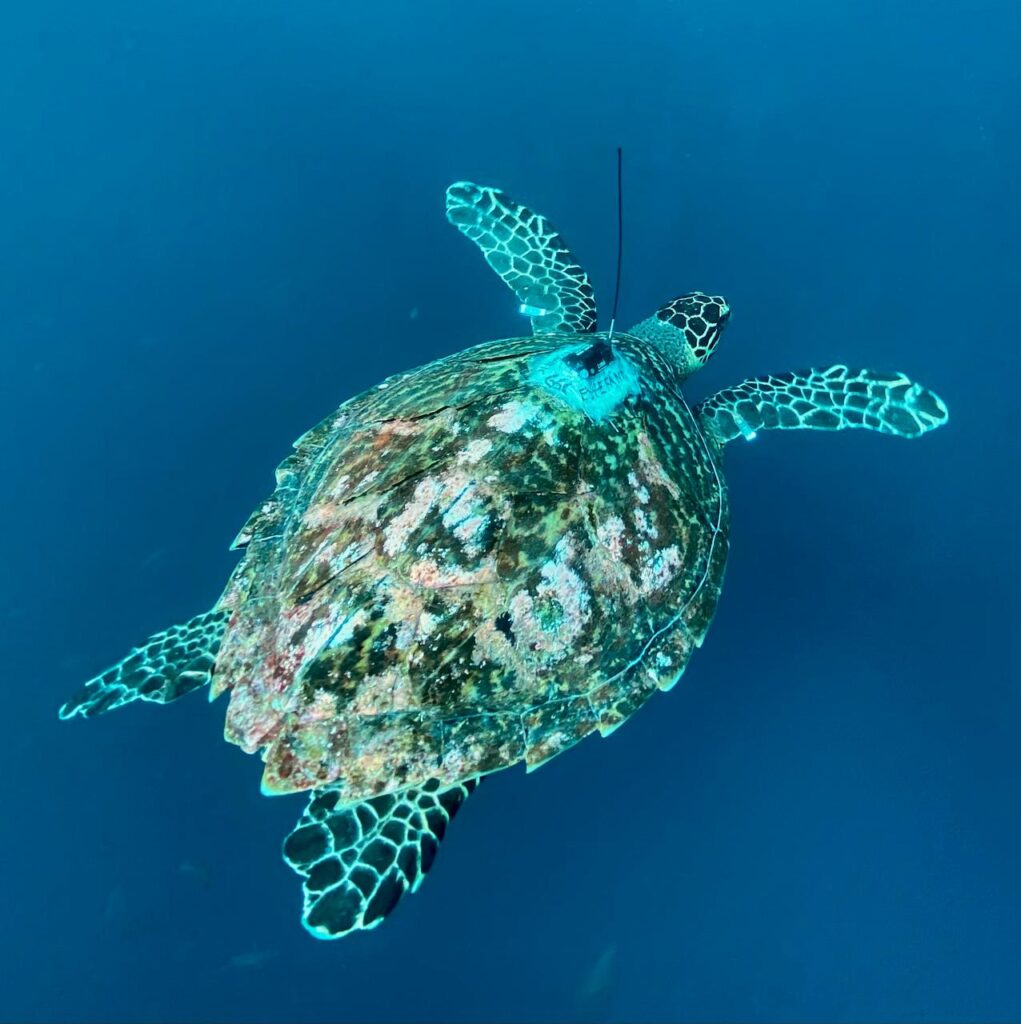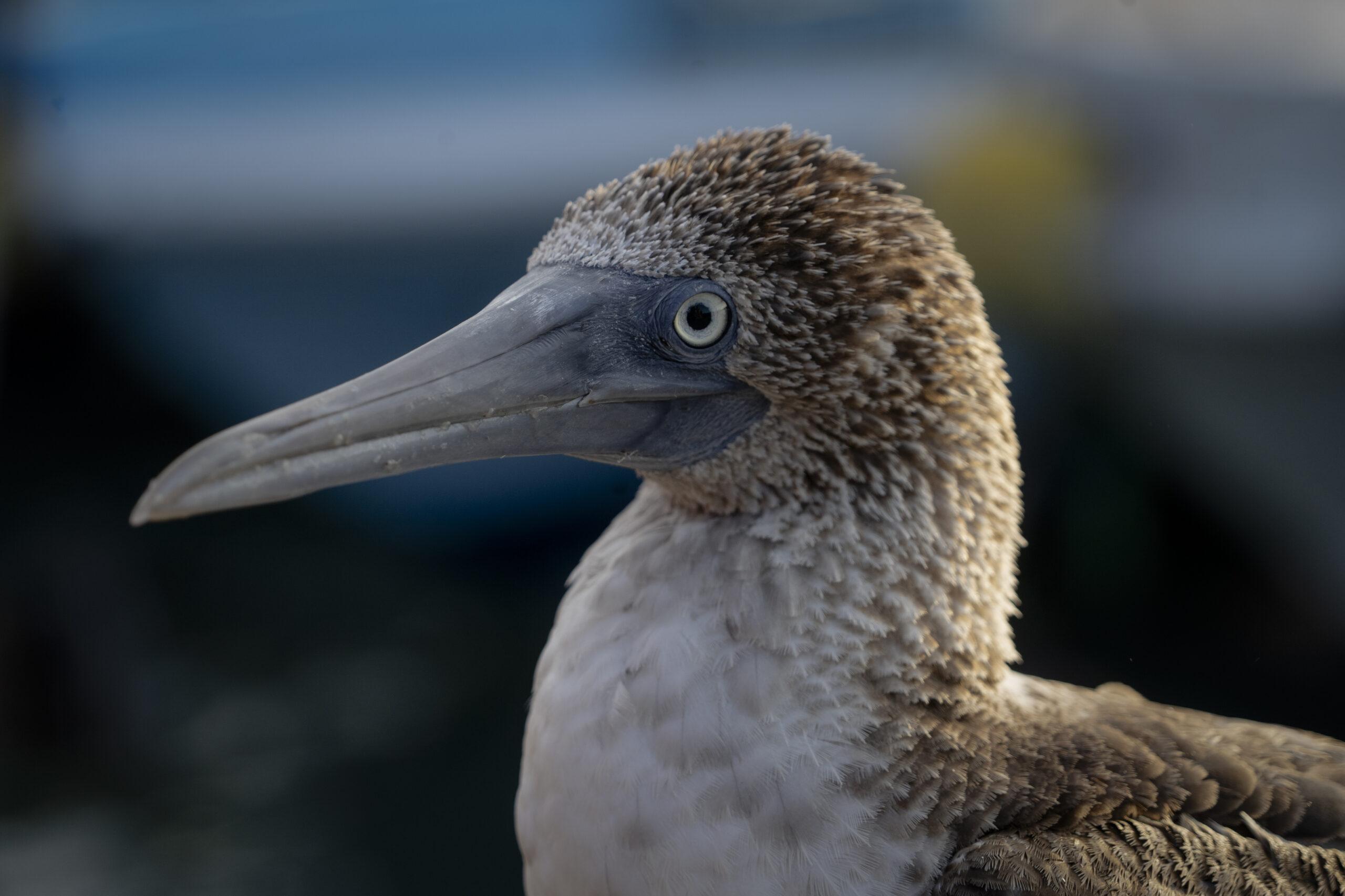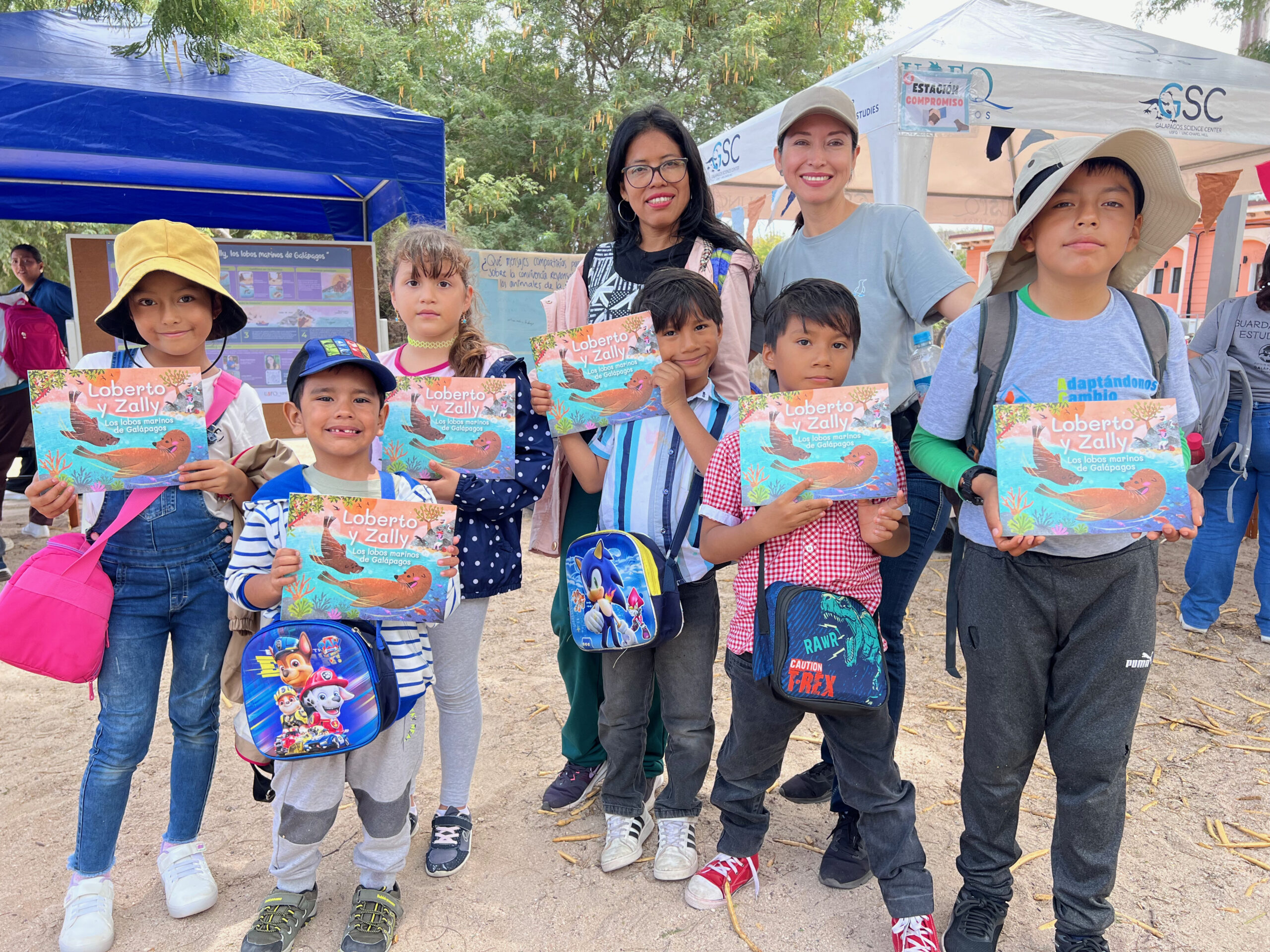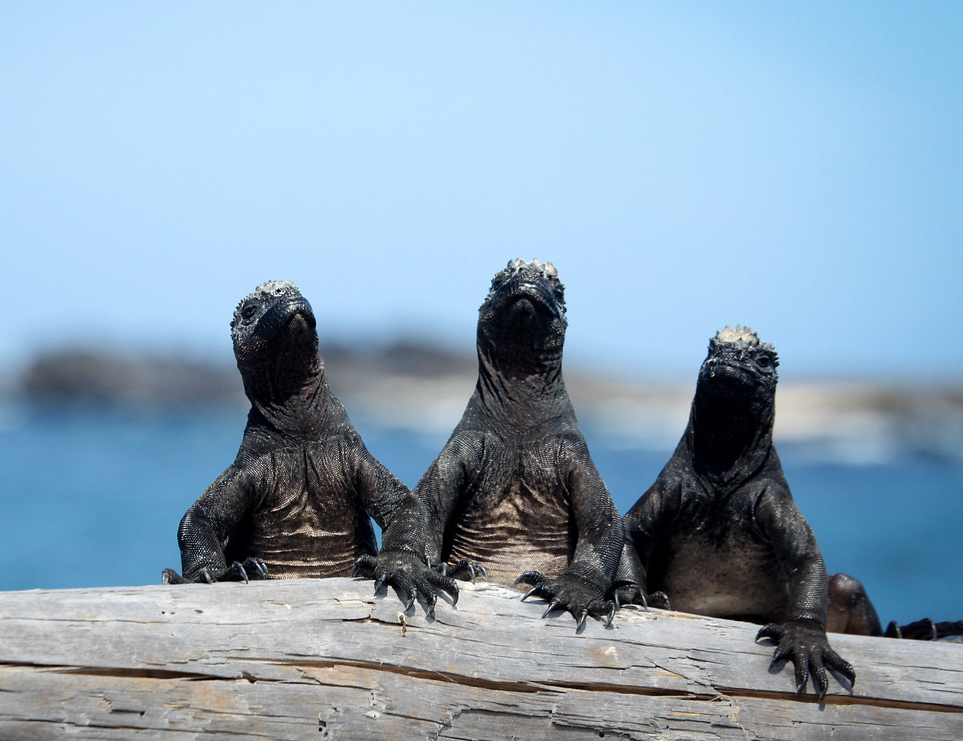This study presents the first records of connectivity between hawksbill sea turtles (Eretmochelys imbricata) in the Galápagos Islands and mainland Ecuador. Three capture-recapture events were documented: one female, one male, and one juvenile, all originally tagged in the Galápagos and later recaptured along the mainland coast. These findings are significant as they represent the longest migrations recorded for this species in the Eastern Pacific Ocean (EPO) and provide evidence of developmental and reproductive movements between foraging and nesting areas. The study also highlights the importance of collaboration between researchers, NGOs, and citizen science programs, such as Equilibrio Azul’s Foto-ID project, in the conservation of this highly threatened species. The results suggest that hawksbill turtles in the EPO may undertake round-trip migrations for nesting or copulation, emphasizing the need for continued monitoring and conservation efforts in both regions.
To access the paper download here:






